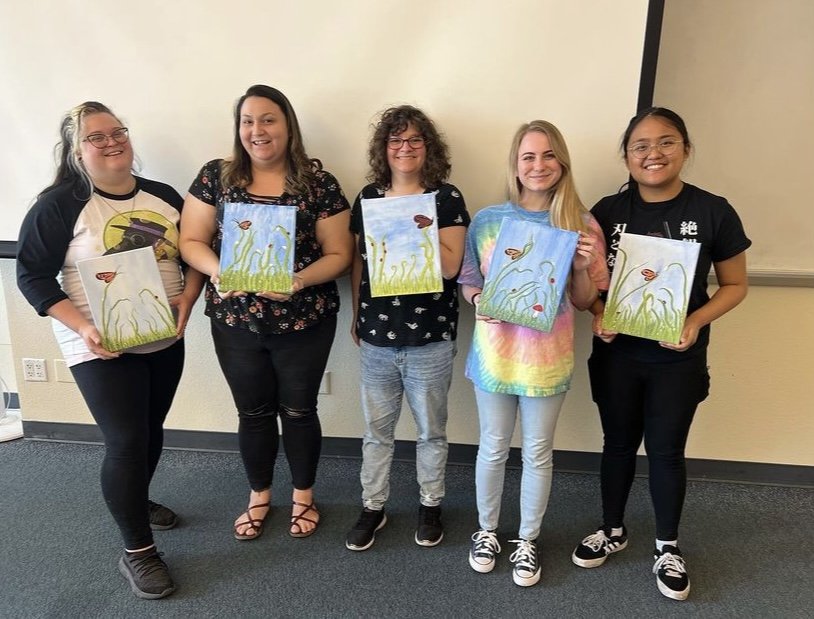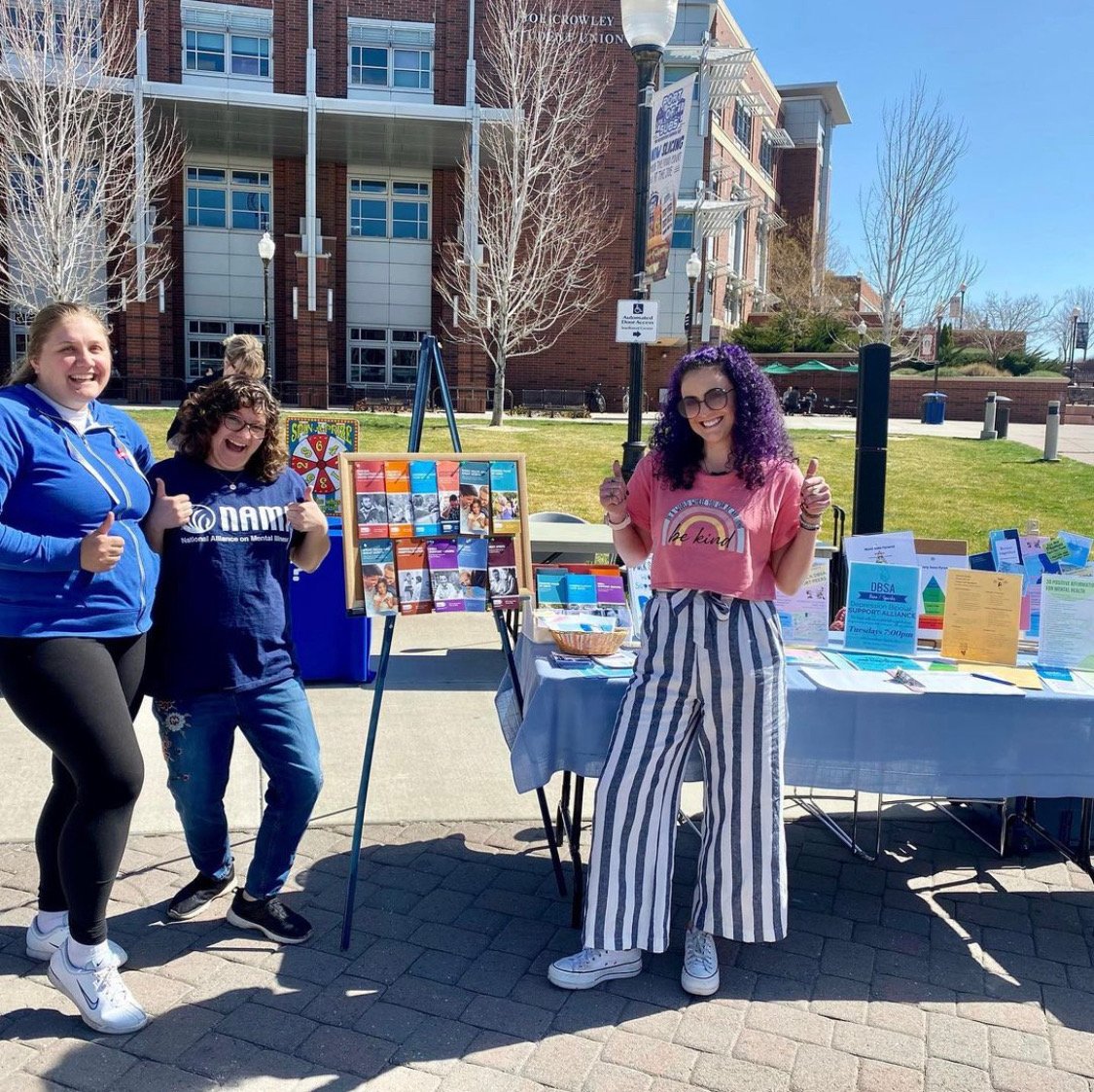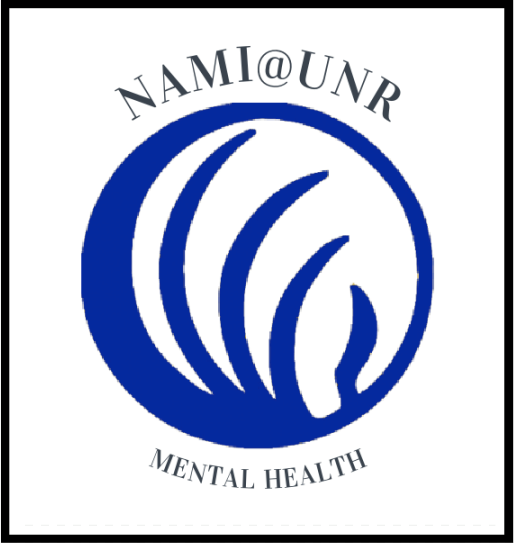Recent national surveys indicate 20% of students have had a significant decline in mental health since the COVID-19 pandemic began, and that more than half don’t know where to go for help. At the University of Nevada, Reno, it’s clear from incoming students and those pursuing their studies here, that many share in these difficulties. Steeper and steeper financial burdens with rising tuition and living costs add to the prevailing stress.
Currently, UNR offers counseling services with licensed professionals to all students, as well as a new outreach center in Great Basin Hall called The Annex. It’s a new effort to make it more convenient to access mental health support. It’s open to all students for consultations, workshops, support groups, quiet study areas, and mindfulness activities.
Additionally, the Department of Psychology has a Psychological Services Center, offering treatment, crisis intervention, evaluations and other walk-in services. The Student Health Center offers services and other resources. And now students can benefit from the new group NAMI UNR.
NAMI (National Alliance on Mental Illness) is the largest grassroots organization dedicated to improving the lives of persons living with serious mental illness, as well as their families. Originally founded in 1979, NAMI slowly became the nation’s voice for mental illness, providing advocacy, research, support and education about mental illness. They have grown significantly and have organizations and affiliates in every state.
Our reporter Gaia Osborne recently had the opportunity to interview two of the NAMI UNR Board Members about the work they are doing to advocate and help UNR students with their mental health. Caitlin Shamiya, Vice President of NAMI UNR, is a second-year Honors student, double majoring in International Business and Marketing, with a minor in Arabic. CJ Frasco, Secretary of NAMI UNR, is a second-year undergraduate student who is hoping to apply to UNR’s Nursing School this winter.
G: Can you tell me more about NAMI as an organization, and what its mission is?
CS: Of course. NAMI centers towards individuals struggling with mental health issues, and they use their platform to advocate for those people. I think that a lot of online platforms focus on more common mental health issues, such as depression and anxiety. Not saying that those don’t need to be talked about, but I think it’s super important that NAMI discusses the mental health issues that maybe aren’t talked about as much, and people aren’t educated on. The conditions that have more stigma attached to them. People probably don’t know how to be there for someone suffering with those types of conditions, and NAMI works to educate people who are struggling, but also how to be there for someone else that is struggling.
G: How does NAMI function on a college campus? How has NAMI as a larger organization helped you get started on the UNR campus?
CS: So, we’re fairly new to campus. I remember when Angelina, a graduate student, started NAMI UNR last year. With the COVID-19 pandemic, we found it hard finding a balance between being online and hybrid. There were only a few actual members and board members, so we found it really difficult to grow in the beginning. But this year with restrictions lifting, hopefully we can find some consistent growth and host more events. I think it’s important to have NAMI on campus and have resources for students going through school struggles, and adjusting to campus life and balancing school with time for yourself. I, myself, struggled balancing school with other priorities, and while I did utilize other services, I think NAMI can provide additional help on top of what is offered already.
And NAMI has been very helpful. Our president, Sophia, works closely with NAMI, especially NAMI Northern Nevada, in terms of obtaining information and resources like pamphlets for our club fair. Especially since we are so new, they’ve been helpful and always there whenever we reached out needing help starting up and getting clarification on certain things.
CJ: Our goal on campus is to create a no-pressure, no-stress environment. We host activities and events such as yoga and painting in order to build relationships in a setting that is calming and relaxed, so in later sessions when more serious and difficult topics arise, the relationship and trust has already been somewhat established.
NAMI has been really helpful, especially with providing NAMI merchandise and products we can use to promote the club and give out at events and club fairs.
G: Do you work alongside any other on-campus organizations?
CS: Yes! Right now we are club allies with The Depression and Bipolar Support Alliance. We are also actively trying to create a better relationship with the counseling department, since they tend to be busy and overbooked at times and students can find it difficult to get counseling appointments and find somebody to talk to. There’s so many students on this campus, and counseling services can only help so many of them at one time.
CJ: Yeah, UNR is a big campus with a lot of students actively seeking out the counseling services. Given that NAMI is fairly new and we aren’t that established yet, we’re still working to make those connections with the counseling center and LGBTQ+ organizations on campus. That’s our main goal this year, so we can build a bigger pool of services and resources for the students.
G: Why do you think it is important that NAMI is reaching the college student demographic?
CS: I think it is very important, especially since there is this stigma around mental health that attribute those suffering as needing to be “fixed” which isn’t the case at all. The power of presence is so important for people who are suffering. As we mentioned, COVID was a big obstacle for a lot of people, and NAMI’s goal is to cut through that shame and those stigmas and provide a safe, and non-judgmental environment for people.
G: NAMI’s website has a lot of resources for different racial and cultural groups. Why do you think that specific sectors of people are less likely to seek help when it comes to mental illness? How do you think this should be addressed?
CJ: So I can’t speak for all groups, but for me personally, I grew up with South East Asian cultural influence and haven’t had the best mental health experiences given how I was raised. My parents culture surrounded this idea that you have to “tough it out”, and “it’s all in your head”, and not something that can be physically fixed and therefore in a sense wasn’t real. But it’s very much real. When I got to college, that was when I started seeking out resources and discovered NAMI and all these different coping mechanisms, and realized how important mental health really is.Because everybody is so different, and comes from such different backgrounds, it’s difficult to have one clear approach or set of procedures that will work for everybody. I think providers need to be open and understanding of every individual, despite their cultural differences, and treat them as an individual.
CS: As someone who is Middle Eastern, I completely relate to what CJ was saying in terms of this idea of “toughing it out”. Throughout my own mental health journey, I’ve realized that a lot of the resources that I’m so grateful to have here in America, my parents didn’t have access to growing up in Lebanon and Palestine. The supportive environment that I grew up in has allowed me to seek help and therapy when I need, without feeling judged. My parents didn’t grow up in their environment; emotional needs were shut down and hidden away, and they pretended like they weren’t there. They were always there, just not talked about.
I think that it’s important to be aware of the cultural beliefs of someone seeking help. I’ve had therapists who were of the same culture as me – Middle Eastern – and I’ve had therapists that were white. And they actually have been different in their approaches. My first therapist was Middle Eastern, and I would say she was more conservative in her beliefs in terms of respecting my parents for example, and her approaches were centered around the fact that I too, was Middle Eastern. Both approaches were very helpful in different ways, however. I think it’s just important to find the right person; the first therapist you go to might not always be the best fit for you as an individual.
G: What do you think the mental health system should look like in the future? How does NAMI work towards reforming and bettering the system?
CS: NAMI does a lot of work in criminal justice reform for mental illness patients which I think is super important. There are so many cases going back in the years where inmates’ mental health wasn’t taken seriously or accounted for. Especially with drug charges. At the end of the day, mental illness can lead people to reach for external coping mechanisms such as drugs and alcohol. This is actually a big issue in Reno concerning the unhoused community. Members of this community are given all sorts of nasty labels and stereotypes, when most of them are struggling with mental illness. These discussions surrounding reform need to happen if we want to create a better system and be able to help people.
CJ: The justice system is so caught up in the “black and white” of who is guilty versus who is not, and forget that these are real people and that some of them have mental illnesses and require help. NAMI provides resources for these inmates, and helps people who have been pushed aside by society like those in prison or are unhoused.




